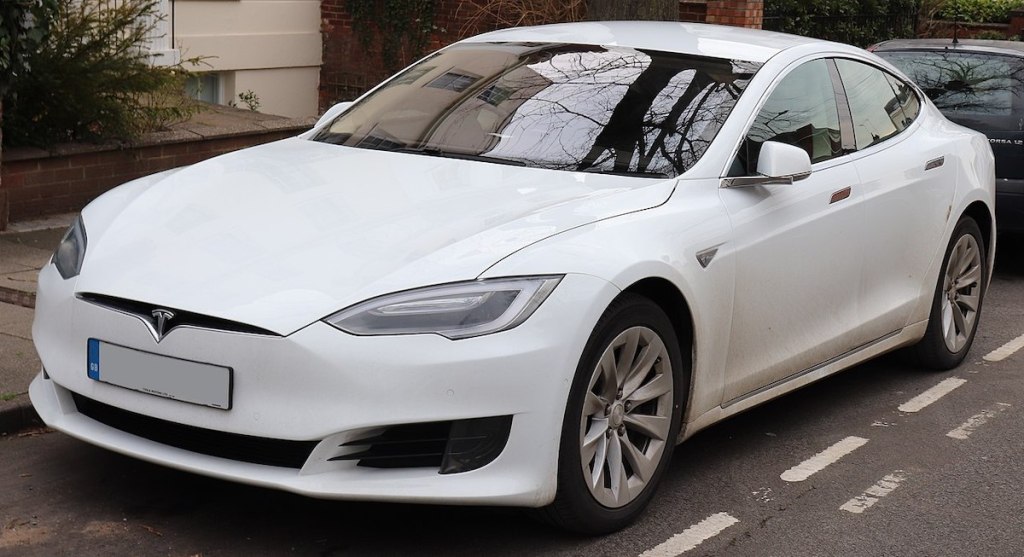A false advertising lawsuit against Tesla Motors, Inc. is winding its way through Santa Barbara Superior Court, with Judge Thomas Anderle ruling this week that the case may proceed to its next phase despite Telsa’s attempts to have it dismissed on technical grounds.
Alexandro and Iaian Filippini, two brothers who operate a Santa Barbara–based wealth management company, sued Tesla last year, claiming the company misrepresented the $120,000 Model S they purchased in 2016 as fully self-driving. The Filippinis had told Tesla sales staff they wished to work while they commuted, and “not only did the salespersons not discourage that intention,” the lawsuit states, “they confirmed and encouraged plaintiffs’ expectations that the vehicle would be suitable for that purpose, sharing stories of driving 55 miles without having to touch any controls more than once or twice.”
At the time, the complaint notes, Tesla required customers to order their cars online, “where they would see claims, representations, samples or models provided by the web content, but were not permitted any hands-on experience with the vehicle.” Tesla CEO Elon Musk was also making grand claims in public appearances that his cars were capable of driving on their own, explaining how his employees were regularly commuting from the Bay Area to Seattle with barely a hand on the steering wheel.
Sign up for Indy Today to receive fresh news from Independent.com, in your inbox, every morning.
Upon receipt, the Filippinis quickly realized their car was not autonomous, but they were repeatedly told by Tesla staff over the following years that software updates to its AutoPilot function ― requiring multiple trips to the regional service center ― would make it fully self-driving. It wasn’t until 2019, the lawsuit says, that Tesla started installing third-generation hardware in its vehicles and acknowledged that enhanced self-driving functions were not possible without the upgrade. Even then, the AutoPilot technology still required active driver supervision and did not make any of their cars autonomous. And even today, Tesla’s newest models have only reached a 2 out of 5 on the SAE International standards of automation.
Judge Anderle concluded in his ruling that the Filippinis have sufficiently stated their allegations of fraud and violation of the Consumer Legal Remedies Act and that the case may eventually be heard by a jury, if it is not settled out of court first.

